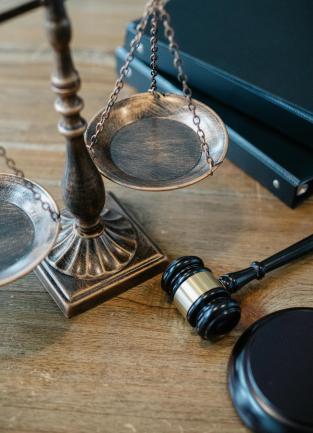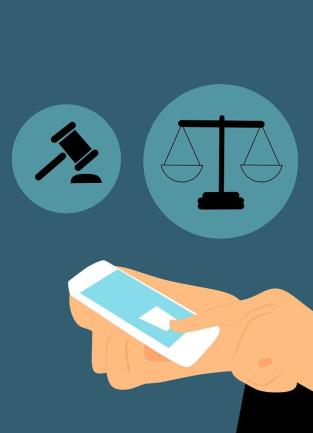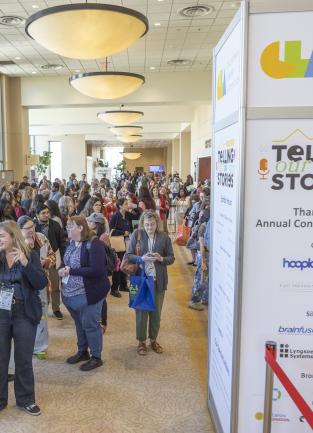Rural Libraries Create Pathways to Civil Legal Justice

October 16, 2020
On September 28, RCLL staff attended the 2020 Association for Rural and Small Libraries conference session: “Rural Libraries Create Pathways to Civil Legal Justice.” The session focused on how public libraries should be mindful of the civil legal justice gap and ways that they can help patrons with civil legal issues. As reported in the 2017 Justice Gap Report by the Legal Services Corporation, 86% of the civil legal problems by low-income Americans in the year 2017 received inadequate or no legal help [1]. It is important that all public libraries are made aware of the justice gap and the things they can do to assist patrons with legal issues.
Many civil legal issues are on the rise due to Covid-19. Some of these issues include custody battles, divorce, unemployment, consumer debt, medical debt, evictions, and domestic violence just to name a few. Public libraries have a role to serve the public and make people feel comfortable enough to reach out for resources. There are steps libraries can take to help address legal issues. Public libraries can prepare a legal reference collection, both in the library and online. This collection can include fact sheets, links to court and government websites, legal aid directories, and resources in languages other than English. Public libraries should also be made aware of the self-help resources that are available including public library toolkits such as the one from the American Association of Law Libraries (AALL) [2]. Public libraries can also identify and partner up with legal aid providers including statewide and local legal aid organizations, local or national bar associations, and law schools. By partnering up with these legal providers, libraries can easily refer patrons to them, as well as possibly hold legal aid workshops put-on by these legal providers.
Basic research and reference skills also come into play when assisting patrons with legal inquiries. Identifying the underlying issue (what is the question behind the patron’s question?) and knowing what resources are available already play to your strengths. Applying search skills such as proper term selection and navigating Google Advance are also highly effective.
The session concluded with some helpful “Do!” and “Don’t!” tips when assisting legal inquiries:
Do tips: -promote open access to legal information; -provide resources on court procedures and court rules; -provide options, resources, and referrals; and -direct patrons to legal dictionaries, legal encyclopedias, and legal self-help books.
Don’t tips: -don’t be invested in the outcome of a patron’s case; don’t guess how a judge will rule; -don’t fill out legal forms or give advice on filling them out; -don’t interpret or explain the law; -don’t advise a patron about a legal course of action; and -don’t recommend a specific lawyer (*remember: recommending that a patron seek legal advice, as well as directing them to a lawyer referral service is definitely ok!)
[1] Data source: Legal Services Corporation, Justice Gap Report, June 2017 https://www.lsc.gov/media-center/publications/2017-justice-gap-report
[2] AALL Public Library Toolkit: https://www.aallnet.org/lispsis/resources-publications/public-library-toolkit/
Written by: Michael Van Aken, Library Assistant











